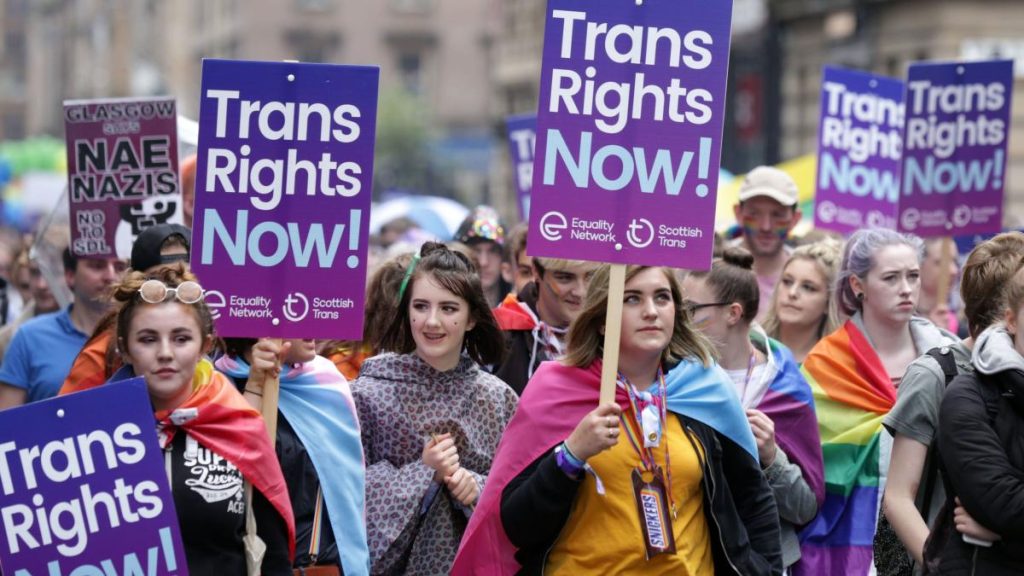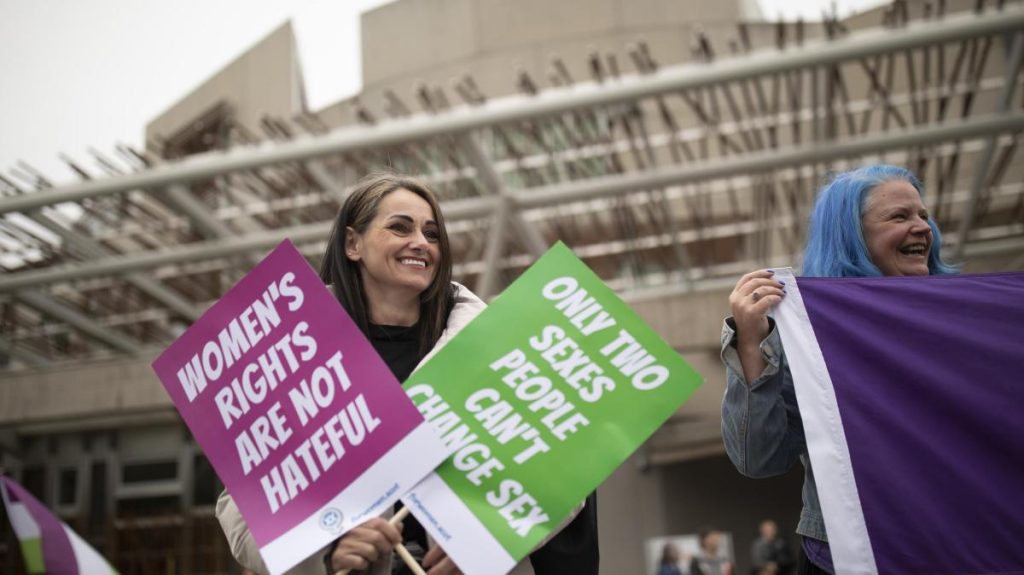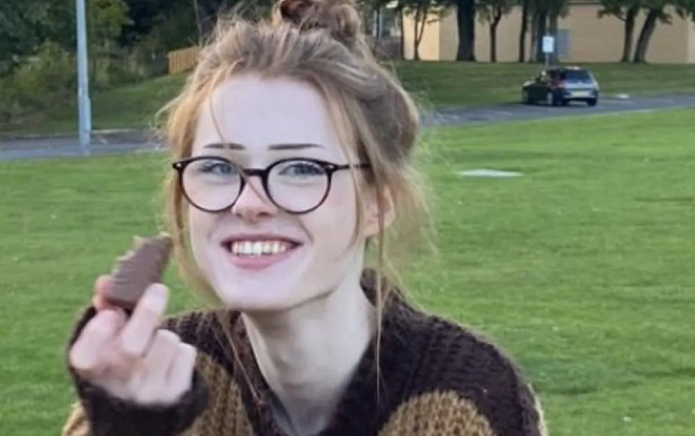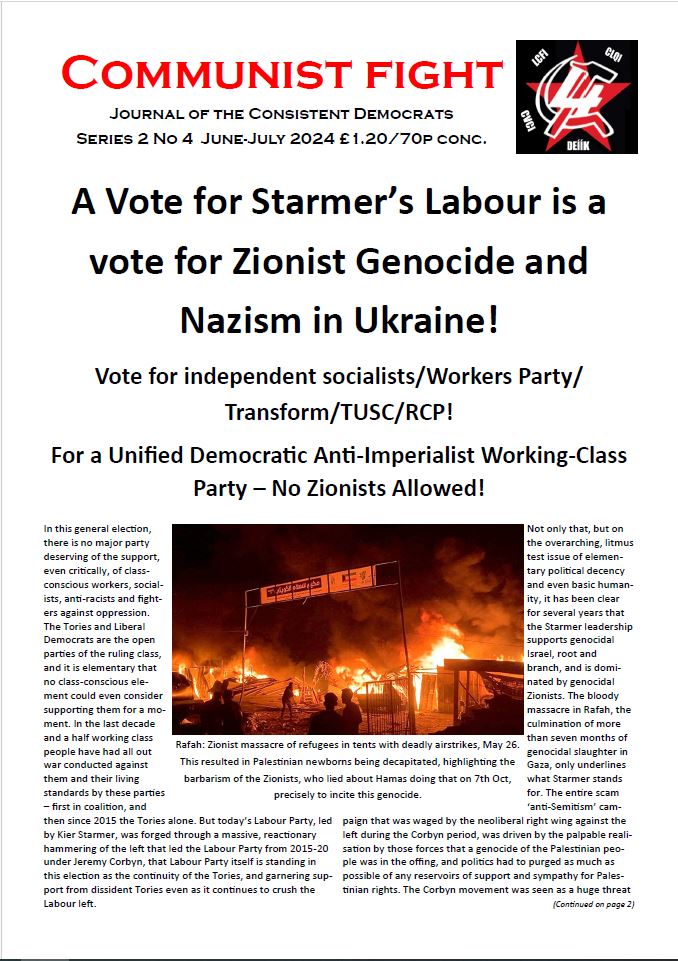A personal reflection on the Scottish Gender Recognition Bill
By
Mark Andresen
As a heterosexual male, and no authority on LGBTQ+ issues, I’d not anticipated writing on the subject of Scotland’s Gender Recognition Bill. What swiftly changed my uncommitted position was the fallout, the triggered bigoted responses by the liberal left to its initial passing. Their consensus being that their former long held ‘safe spaces’ were now under imminent threat. Not only does this triggered assumption not relate to the Bill’s purpose, neither does it reflect it in outcome. In truth, it is simply the latest stage in a procedure that commenced back in 1998.
Sue Pascoe of Chamber UK confirms:
‘The Bill has nothing to do with access to single sex spaces, prison placement or sports activities; it is only about the process that leads to a new birth certificate…’ She goes on: ‘The benefit for a trans person of a new birth certificate is being able to marry in church in their acquired gender, die recorded in that gender and bring their birth certificate into alignment with their already changed passport and driving licence, so that they are not ‘outed’ getting a job, or similar situations where all documents might be required.’ .
Pascoe, 2023
This represents a key corrective to the response triggered from some on the Left, as well as – inevitably – many more on the Right. It somewhat mirrored the fallout from the Section 28 debates between 1988 – 91, exposing the shallowness of much of the liberal left commitment to gender rights. Misperception of the Gender Recognition Bill and its intended outcomes left a void filled by a united prejudicial assumption.


There is an additional problem in this line of demarcation thinking; that we accept the parallel framing of a separatist liberal agenda that continues to endanger – rather than support – the very communities that seek to be included and emboldened in society, rather than permanently excluded by it. Mike MacNair in The Weekly Worker clarifies this position.
“’…The political nature of (a) positive approach has to be one which stresses the commonality of the oppression of trans people with other experiences of oppression and exploitation, rather than stressing the difference.” (MacNair, Clearing the Ground, 2023). He adds how treating it as a single issue, rather than as a part of “our common humanity”, remains “true of any other moral and political claim”. That the fear for the safe spaces – and knee-jerk reactions of anger – feeds into the divide-and-rule separatism of establishment framing and are “useless for emancipation” going forward. (ibid).

Outside the other ‘safe space’ – social media itself – the consequent demarcations appeared less surprising. I.e., the national vigils in response to the horrific double knife murder of Brianna Ghey on the one hand – and Sunak’s blocking of the Gender Recognition Bill and subsequent High Court review on the other.
“Under Section 35 the UK Government can legally intervene to block royal assent for a bill that a Secretary of State ‘has reasonable grounds to believe would be incompatible with any international obligations or the interests of defence or national security’. The Government can also legally take action if it sees a bill as making modifications to the law as ‘it applies to reserved matters’. Under such a scenario, ministers in London must have ‘reasonable grounds’ to believe that any proposed legislation would have an ‘adverse effect on the operation of the law as it applies to reserved matters’. This means that a bill can be blocked if the Government thinks it would clash or conflict with the prevailing UK Government policy as it applies to reserved matters, even if the proposed legislation falls within the powers granted to Holyrood.” .
Stephen McilKenny, The Scotsman, 17/02/23
This has often been quoted by the Right as justification for blocking. Yet, there is no discernible reason given as to why such a Bill might conspire to conflict with existing legislation if what Sue Pascoe claims is correct.

The sudden resignation announcement of Nicola Sturgeon has added uncertainty to its future path. While it’s unlikely the response to the Bill had any bearing on her decision – despite the implication made by the mainstream media (it having had broad support from both sides of The Commons) – each of the candidates standing so far, for succession as First Minister, appear less committed to fighting for its success across the border; a sure sign of their continuity neoliberal credentials. A UK Government-friendly SNP – suddenly softer on independence – is the last thing either nation needs right now; whatever their politics. A stronger working-class requires a Westminster Government so cornered it will have to capitulate to people’s needs faster than the excellent nationwide strike wave can currently achieve on its own. As we know, this requires a post-strike policy platform of demands for what follows, which no union appears, as yet to have considered; but, the mooted alternatives are for another article.
So, what of the response by the LGBTQ+ communities themselves?
Integration network SEIN define what is meant by a ‘safe space’ as “a place or environment in which a person or category of people can feel confident that they will not be exposed to discrimination, criticism, harassment, or any other emotional or physical harm.” (Sein Glasgow, 2017). Stonewall – after polling its members and supporters, prior to the passing of the Bill through the Scottish Parliament – found a mixed picture in their results; one which highlighted obstacles to acceptance as much within some communities, as outside of them.
“Society is changing,” states Stonewall’s Chief Executive:
“The vast majority of LGBT people are open to at least some of their friends, and nearly half of us are open to everyone in their family… but, the picture is mixed. Bi people in particular feel unable to be open about their identities with friends and family: they’re four times more likely not to be open with anyone in their family than gay men and lesbians. That’s a particularly depressing figure given how marginalised bi people can often feel; the sense of isolation, of invisibility, behind these figures is hard to truly comprehend. And what of our intimate relationships? Again, the picture is far from encouraging. This report shows that more than one in ten LGBT people have been abused by a partner in the last year. These rates rise further for trans people, as well as disabled and black, Asian and minority ethnic LGBT people…The report found that half of black, Asian and minority ethnic LGBT people experienced discrimination in their local LGBT community because of their ethnicity. One in eight LGBT people of faith and one in four LGBT disabled people whose activities are ‘limited a lot’ because of a health problem or disability have also encountered prejudice based on their identities. Which means some LGBT spaces are inaccessible to the very people who may need them most.” .
R Hunt, Stonewall Chief Executive
The gay communities of the past were no strangers to their own, internal, conflicts as how best to proceed. e.g., the Assimilation v. Revolt debate. In the mainstream press of the day, during the Section 28 controversy, battle lines were drawn between actor Ian McKellan, very much in the former camp, and director Derek Jarman, proudly in the latter. “I’ve no wish to join an Establishment that’s spent several hundred years excluding us”, Jarman memorably retorted. This position mirrored his view that ‘legal rights’ here – advocated by some – should have nothing to do with private sexual choices made between consenting adults; something deemed reasonable at the time that today’s liberal leftists – irrespective of who’d draft such rights – might blanch at. Yet, this also feeds in to MacNair’s point that such issues should not be treated as separate entities, apart from the needs of the working-class majority, but included as part of the revolutionary, inclusive and transformative agenda of a Trotskyist platform. A view I gladly share.

